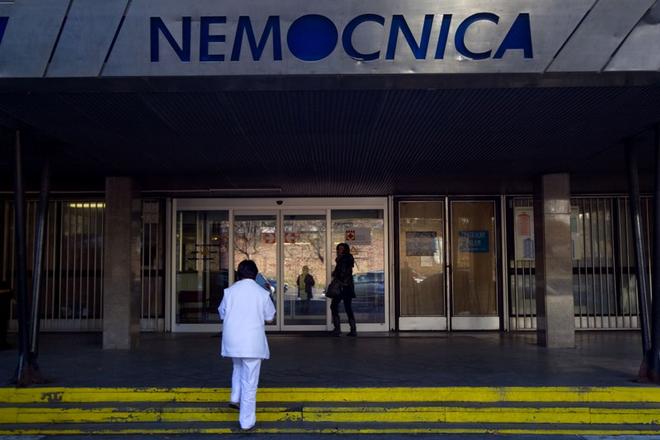This stems from an amendment to the law on health-care providers introduced by the Health Ministry. The representatives of medical workers and opposition parties, however, criticise the proposal, the TASR newswire reported.
With introducing the anti-corruption courses, the ministry meets the task it has been assigned under the government’s action plan designed to bolster the rule of law, said ministry spokesperson Peter Bubla. However, the design of the courses is not yet clear. The ministry is cooperating on the scheme with the Interior Ministry.
“The education should be carried out as one-off training activity,” Bubla told TASR, adding that they hope this module will be implemented in the curricula at all levels, which means that university graduates will undergo the training during their studies.
The Medical Trade Unions Association (LOZ) is, however, critical of the plan, saying it is sad to have such an “absurd” see the light of the day initiative, as the legislation aims to affect doctors and nurses in the wake of scandals, for which responsibility lies mostly with hospital directors and ministry employees.
“The purchase of an overpriced computed tomography scanner by the Piešťany hospital in 2014 could serve as a good example of the inefficiency of the proposed measure,” LOZ head Peter Visolajský wrote in the press release. “In this case, a doctor and a nurse would have been sent to anti-corruption courses, despite the fact that it was them who drew attention to the case in the first place without any such re-education, whereas the rest of the hospital administrative board would have been left untouched by the law.”
Thus he called on Health Minister Viliam Čislák to read the Gorilla file, a document allegedly containing the transcripts of recordings pointing to the non-standard relations between businessmen and top politicians, and try to figure out who really needs to take courses about corruption in health care.
The LOZ also calls for withdrawing the proposal and getting some inspiration from their ideas to fight corruption, as reported by TASR.
Pavel Sybila of the Stop Corruption Foundation told TASR that rather than undergoing the training, the people that are appointed to lead the hospitals is important, as well as how they manage them. It is also necessary to punish any cases of corruption which emerge in the sector.
Also the political parties slammed the proposal. While the Christian Democratic Movement (KDH) called it a pseudo-solution which should conceal the fact that the ministry does not want to solve the corruption in the health sector, the Slovak Democratic and Christian Union (SDKÚ) says that the proposal cannot tackle corruption and that it is necessary to solve this problem in all spheres of society, as reported by TASR.


 (source: Sme - Vladimír Šimíček)
(source: Sme - Vladimír Šimíček)